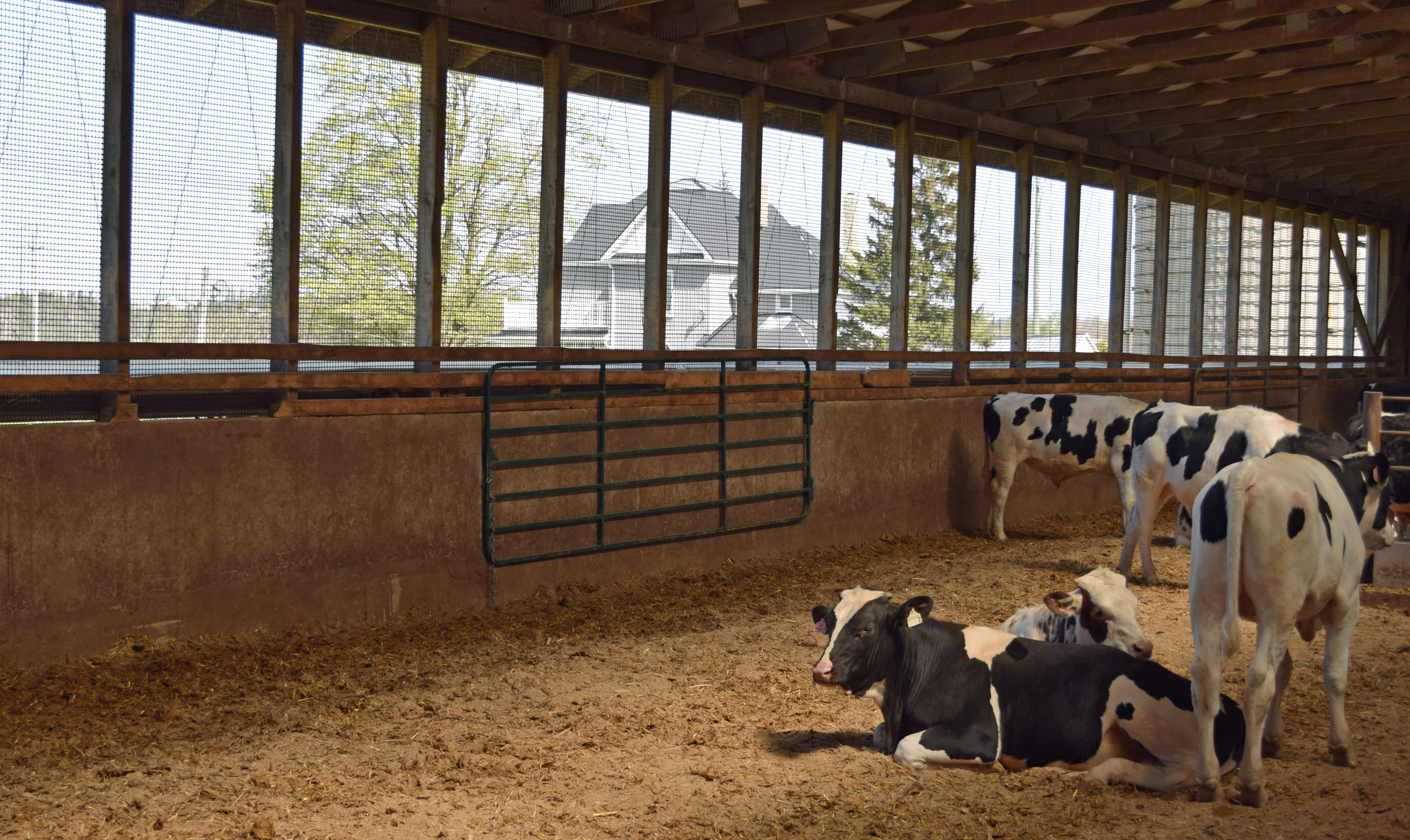Healthy Calf Conference
Follow to stay up-to-date on all Healthy Calf Conference updates. Speaker announcements, sponsorship information, registration announcements, and more.

Heat – just like cold – is stressful for calves. Hot weather causes calves to reduce their feed intake, while also increasing their maintenance requirements, due to the energy required to keep cool. This results in a lowered average daily gain.
When it is hot, they will eat more at night than during the day, so make sure they have enough feed so they can eat as much as they want during the cooler nighttime hours.
The effects of heat stress on calves are not as evident as cold stress, when you can see a calf come down with pneumonia. The high critical temperature for a calf is 26°C. A calf’s respiration rate increases when the temperature rises above this level as it tries to keep itself cool.
Calves need to be kept as cool as possible during hot days. Provide shade and fans where possible, and make sure your ventilation systems are working optimally. Water is the most important thing you can give a calf to cool off. During the summer, it is ok to switch to shavings instead of straw, as shavings will not retain as much heat.
Follow to stay up-to-date on all Healthy Calf Conference updates. Speaker announcements, sponsorship information, registration announcements, and more.
The Codes of Practice are nationally developed guidelines for the care and handling of farm animals. They serve as our national understanding of animal care requirements and recommended practices.